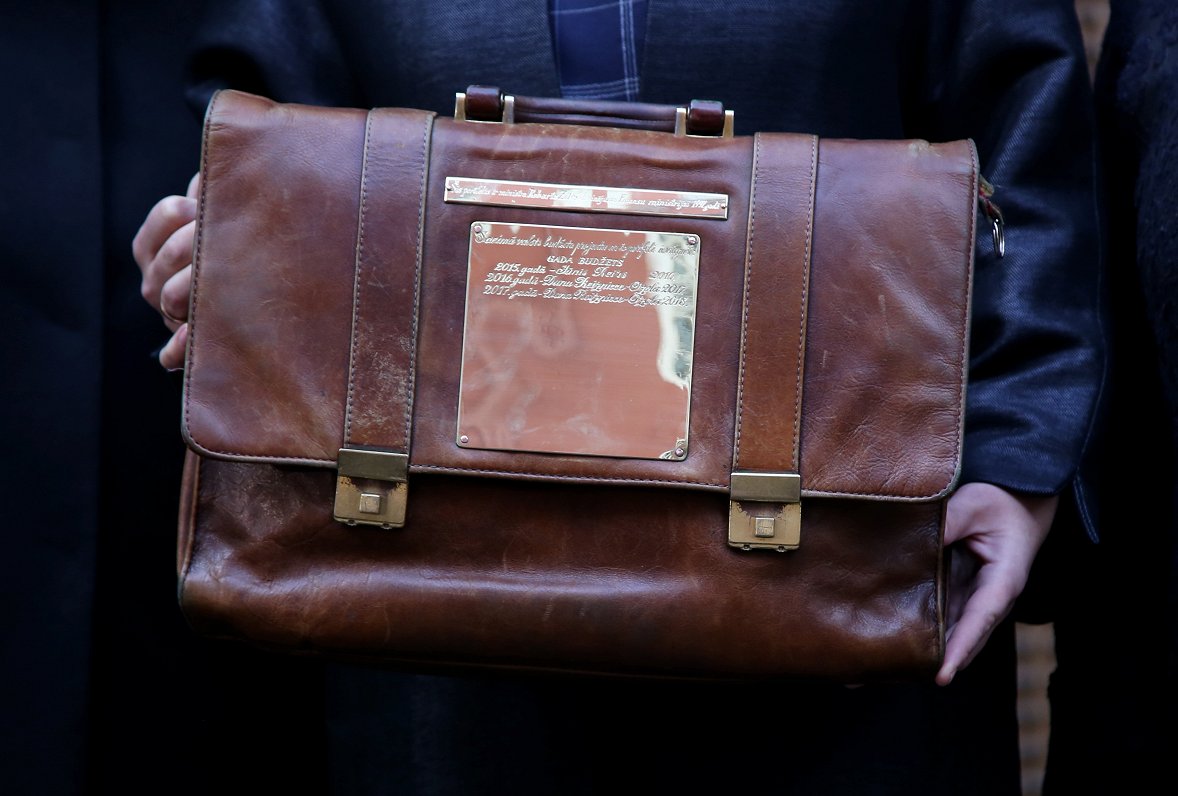The draft 2018 budget passed the first reading by 56 votes to 39.
Lawmakers reviewed two new draft laws, amendments to 26 laws, as well as a bill on the medium-term budget framework and the draft budget.
Lawmakers can submit their proposals for the budget bill until October 31. The government and the Saeima Budget and Finance (Taxation) Committee will analyze these proposals in November and the second and final reading of the budget will take place at the end of November.
This year, politicians have promised to scrap the so-called “lawmakers’ quota” or extra allocations to various projects backed by individual MPs. Instead, parliamentarians can come up with budget saving proposals.
According to the budget bill, next year, Latvia’s budget revenues are expected to grow by €725.11 million from this year to €8.75 billion, and expenditures are projected to increase by €624.82 million to €8.95 billion.
Health care has been defined as the 2018 budget’s top priority, as for the first time Latvia’s health budget is expected to exceed € billion.
In 2018, revenues in the government basic budget are planned at €6.16 billion and expenditures at €6.49 billion. Compared to 2017, next year, expenditures in the government basic budget will grow by €400.4 million or 6.6 percent.
Financing to EU-funded projects, policy instruments and other projects co-funded by foreign countries will decrease by €78.4 million next year.
Revenues in the government special social budget are projected at €2.77 billion and expenditures at €2.65 billion, with the expenditures expected to grow by €230.4 million or 9.5 percent against this year.
Subsidies to local governments are planned at €350.88 million next year, with €256,373,650 of that amount earmarked for teachers’ wages, €65,637,452 for special pre-school institutions and €27,893,038 for nursery school teachers’ wages.
The central government’s budget subsidy to the local governments is planned at €57.58 million, which includes €35,821,803 for the local governments’ financial cohesion fund, a €21,106,179 special subsidy and €657,580 for children’s homes and residents of old people’s homes.
According to the budget bill, 80 percent of personal income tax revenues will go to municipal budgets and 20 percent to the central government budget. The local governments are expected to receive an estimated €1.383 billion in personal income tax revenues and that their loan limit will be increased by €118,138,258 next year.
Latvia’s maximum national debt is planned at €10.25 billion at the end of 2018, and the finance minister will be authorized to issue guarantees worth €35,956,620 on behalf of the state. The finance minister will also be authorized to cancel €40,897,907 worth of liquidated companies’ debts to the government.
The value of Latvia’s GDP is expected to reach €28.359 billion next year, and the budget deficit is projected at 1 percent of GDP.































